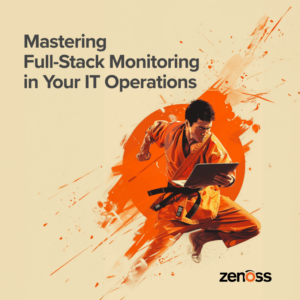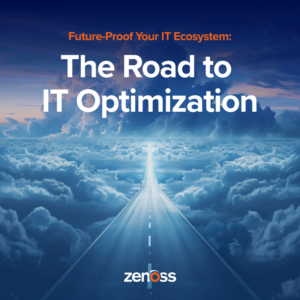
Almost immediately after that note was published, Boris Renski, Vice President and Co-Founder of Mirantis, an engineering company delivering custom cloud platforms for clients such as Cisco, ST Micro, and GE Money, was intrigued with the article, but thought I wasn’t entirely correct. He reached out to schedule a conversation. I enjoyed the conversation and thought I’d share a points with you.
Inappropriate comparisons
Boris made the point that comparing OpenStack and AWS is like comparing apples to oranges or, perhaps a better comparison, a grocery store to a restaurant. Let’s take a moment to explore what Boris was trying to say.
The Grocery
A grocery offers all manner of food and drink designed to allow a patron to create just about any type of meal or stack. The grocery may also offer pots, pans, and many types of cooking tools and accessories.
Today’s grocery is also likely to have a small selection of prepared foods for those too busy to take the time to prepare a meal.
The food is offered for the cost of the product, the delivery, storage and display. Prepared foods are offered at prices comparable to similar offerings at nearby restaurants.
Patrons purchase whatever they’d like and, depending upon their skills and interest, could prepare anything from fast food to complete gourmet meals.
The Restaurant
Restaurants, on the other had, only offer specific foods and specific things to drink. Only ready-to-eat foods are traditionally made available to customers. The choice of what to offer is made by entirely by the restaurant owner and may or may not reflect what customers would like. Customers that are not pleased with the selections are faced with a “my way or the highway” choice.
Prepared food and drink selections are offered at a premium price that is based solely on what the market will bear.
OpenStack and Amazon
Using the grocery and restaurant as a model, let’s look at OpenStack and Amazon’s AWS.
OpenStack
OpenStack is a multiplatform cloud offering made by an open source community. It is a stack of software that makes it possible for an organization or a service provider to build private and public clouds that can run on top of any kind of hardware and in anyone’s data center.
It takes a great deal of specialized expertise to build a OpenStack-based environment for a specific purpose. The tools offered as part of the OpenStack project may be assembled in whatever way make the most sense for the use case.
The organization or service provider is able carefully tune the technology to provide needed performance, scalability, reliability and cost.
It is very much like the grocery mentioned earlier.
Amazon AWS
Amazon’s AWS, on the other hand, is a vertically integrated solution that combines Amazon’s software with Amazon’s own hardware in one package. It can be compared to the restaurant.
Amazon made the selection of technology to offer. If the selection doesn’t meet the needs and requirements of a specific customer, Amazon would suggest that the customer go elsewhere. Furthermore, it is rather unlikely that Amazon is going to make its proprietary software available to others.
Customers don’t have the opportunity to tune Amazon’s offering to best fit their needs. They only have the choice of which of Amazon’s services to use.
Amazon AWS is best compared to the restaurant in our model.
Summary
Customers really need to consider what their requirements are, what level and type of expertise they have to use to accomplish their goals and then the choice of cloud computing tools and services becomes much clearer.
Amazon is offering a number of useful services. The features or functions of any specific offering however may or may not be the best choice for a specific organization. Since it is unlikely that Amazon will offer its technology to competitors, service providers are likely to go elsewhere.
OpenStack, on the other hand, has over 130 companies in its ecosystem and that number is growing. Zenoss, by the way, is a member of the OpenStack Community. This open source project is likely to be influential in the evolving cloud computing market.






